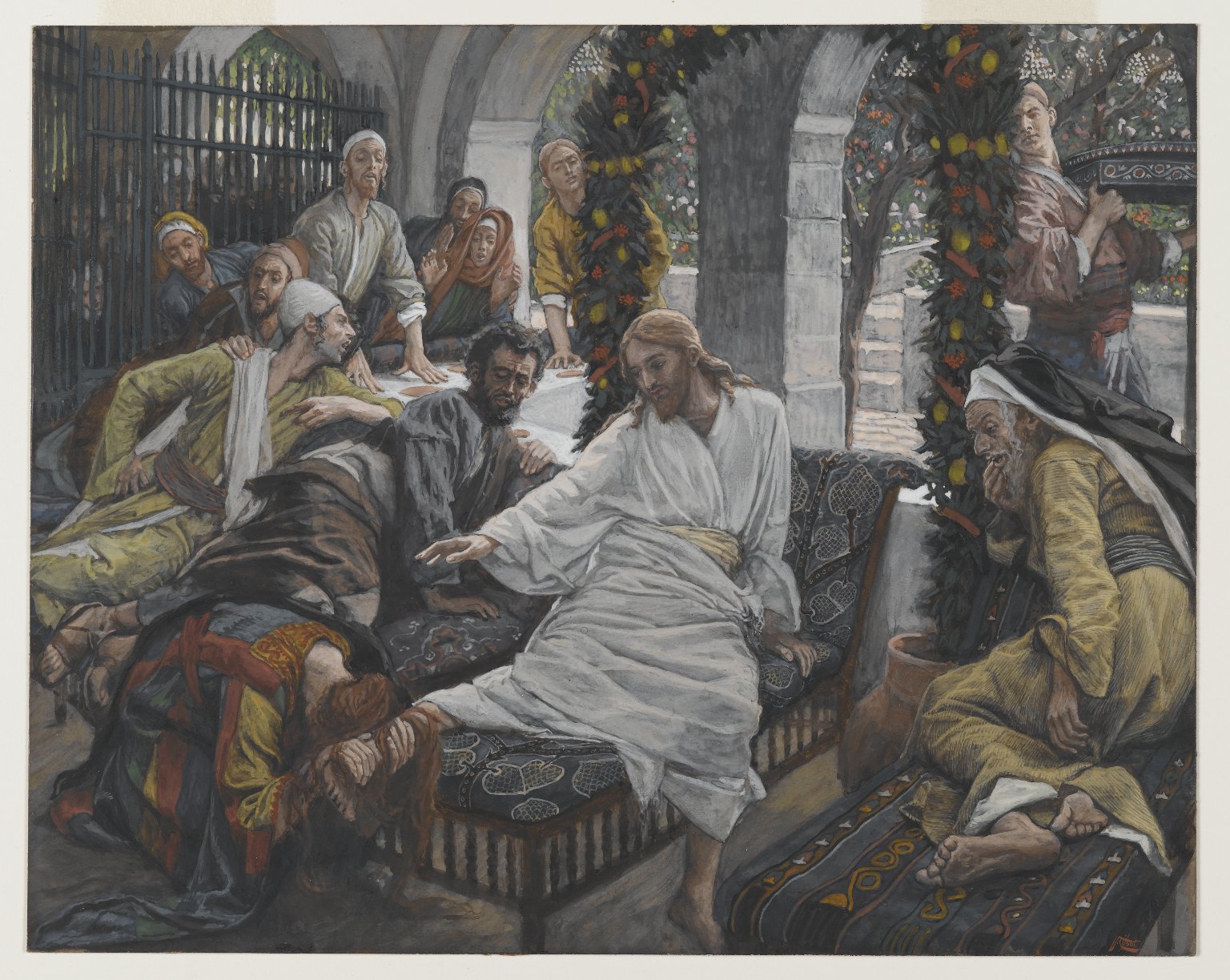You're just plain wrong. I wasn't even concerned with the numbers - those were just present to show my point - that overall, religiosity could be on the decline, even if within individual generations, the elderly of that generation are more religious. Generation after generation, religiosity could decline, and yet the elderly in each generation could be "more religious" than when they were younger.
I DID read the entire article. Please point to where it specifically says that the group of elderly people who are "religious" increases generation after generation. Can you? No. In fact, MY supposition (that religion is in decline overall, while it may be that individually, people choose religion as they get older) is actually hinted at by some of the wording chosen in the article:
Note that they make it about the individual's likelihood to become more religious, regardless of generation, even though they are talking about a longitudinal dataset, within which it should be extremely easy to see whether relgiosity is increasing overall, year on year. They made a point to mention the separate generations, and say that it doesn't matter what generation you're from, elderly of each generation tend to be more religious than their younger selves. Why would they feel the need to mention that it doesn't matter the generation? Because the more recent generations are less religious overall!
The article is focused on people's individual behavior, as you stated... which, again, SAYS NOTHING about overall religiosity as pertains to the population at large. Get a damn clue.



